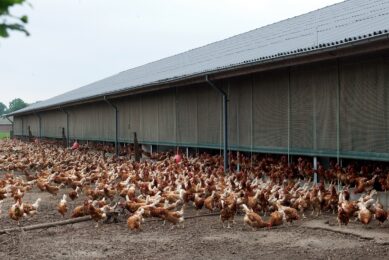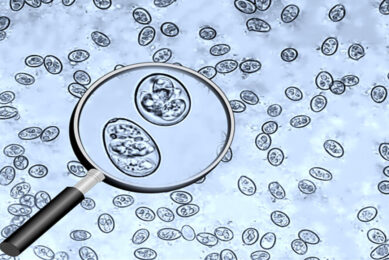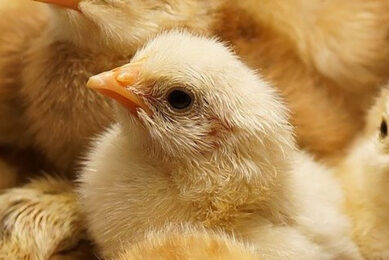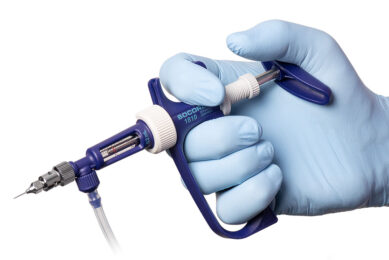Indonesia: Ceva discusses the epidemiology, vaccine and vaccination of ND
Epidemiology of Newcastle Disease (ND) was one of the main issues discussed by Dr. Giovanni Cattoli of Istituto Zooprolifattico Sperimentale delle Venezie recently in Bogor, Indonesia. This technical seminar was conducted by PT. Ceva Animal Health Indonesia.
Cattoli explained that ND shares several epidemiological features. That’s why increasing targeted surveillance and biosecurity will determine better prevention and control on both infections.
To do that, Cattoli recommends constant monitoring of the efficacy of laboratory test procedures to guarantee the most adequate diagnostic approach. He also said that data sharing of surveillance data including epidemiological and virological data will allow better vaccine preparedness and the development of tailored control strategies.
Vaccine & Vaccination
Because ND has different epidemiological conditions, Christophe Cazaban – Poultry Biologicals Scientific Direction Officer of Ceva Santé Animale, France said that ND vaccination including vaccine, vaccine administration and vaccination programs are important.
Talking about vaccines, Cazaban said that many ND vaccine strains are available. But its tolerance and strength should be considered in order to choose good quality ND vaccines. He continued, interference between passive immunity (MDA – Maternal Derived Antibody) and classical vaccines is one of the major problems associated with ND vaccination. The fact is that MDA reduce and shorten protection induced by classical live ND vaccines. Besides that, MDA reduce and delay protection induced by classical inactivated ND vaccines.
To overcome the interference problem, Cazaban believes that vector vaccine HVT-NDV could be the promising answer. He said that vector vaccine HVT-NDV induces a stronger immunity, even in the presence of MDA. It also doesn’t spread and creates no lesion of the trachea. “Although it has many advantages, but injection must be perfectly made,” he concluded.
Related to vaccine administration, Cazaban mentioned some issues related to quality of vaccine administration. First, vaccination at farm is not reliable. Second, spray is much more effective, but people don’t like it or don’t do it properly. Third, percentage of administration failures is really important. “Regarding to those issues, Ceva has developed C.H.I.C.K. program to ensure the quality of vaccine administration including storage, administration technique, equipment and people,” he explained.
Source: Arief Fachrudin
Join 31,000+ subscribers
Subscribe to our newsletter to stay updated about all the need-to-know content in the poultry sector, three times a week. Beheer
Beheer








 WP Admin
WP Admin  Bewerk bericht
Bewerk bericht